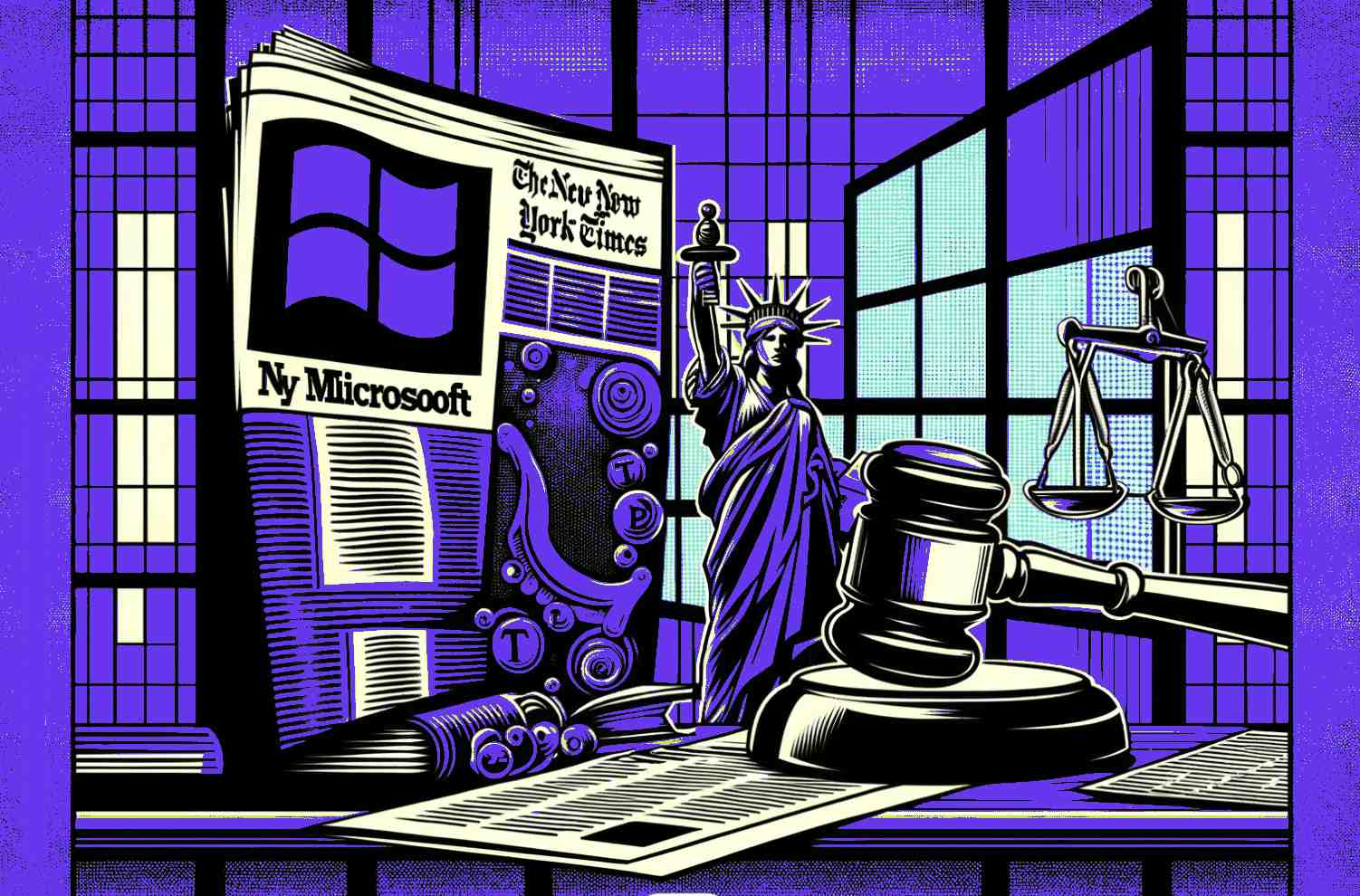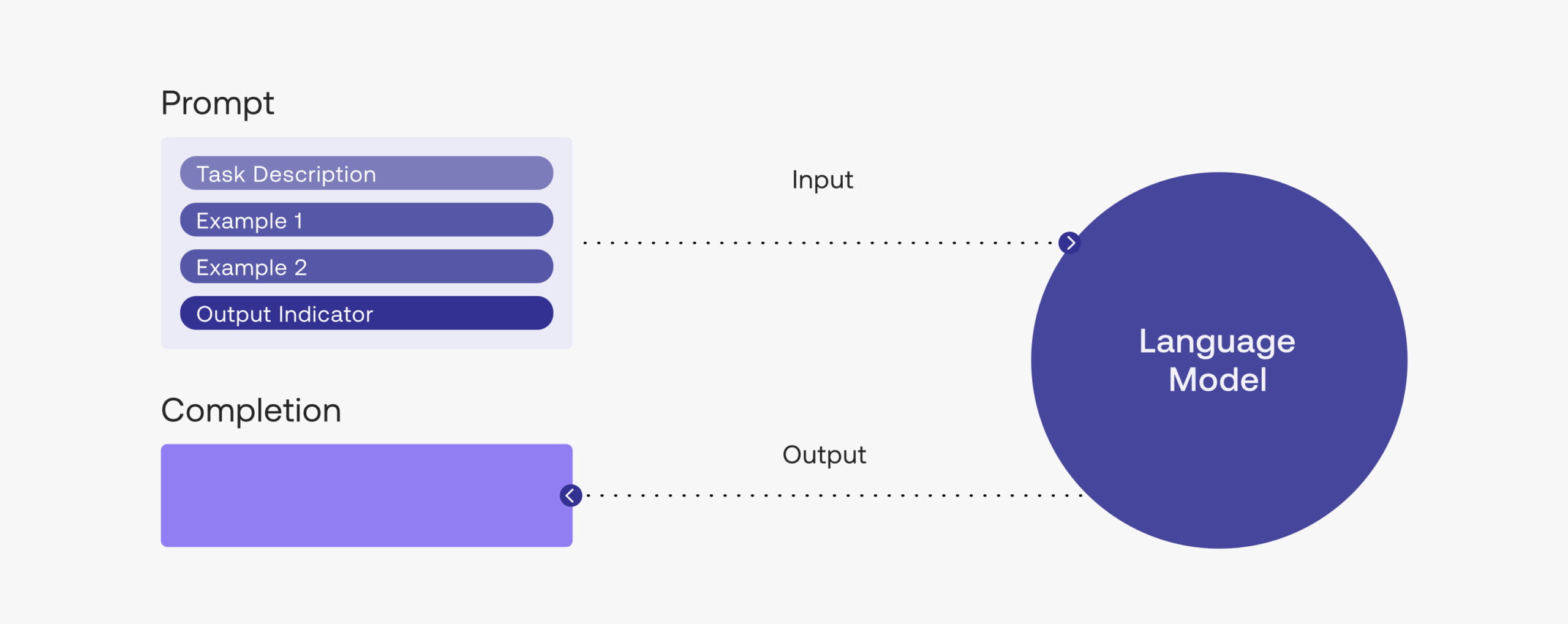December 28, 2023: The New York Times has launched a lawsuit against OpenAI and Microsoft, marking a significant moment in the legal landscape surrounding artificial intelligence. According to The New York Times, this action, filed in Federal District Court in Manhattan, alleges that millions of The Times’s articles were used to train AI chatbots, which now rival the news outlet as a source of information.
The lawsuit does not specify a monetary demand but insists on billions in damages for the “unlawful copying and use” of The Times’s content. It also seeks the destruction of any AI models and training data incorporating The Times’s copyrighted materials.
The Times had previously approached the companies in April, seeking a resolution that might involve a commercial agreement and technological safeguards. However, these discussions did not yield a satisfactory outcome. In response to the lawsuit, OpenAI expressed disappointment, stating their commitment to respecting content creators’ rights and finding mutually beneficial solutions. Microsoft, on the other hand, declined to comment.
This lawsuit could reshape the use of AI in the news industry, where companies like OpenAI, valued at over $80 billion, use a wide array of online texts to train their chatbots. The Times argues that these tech firms are free-riding on its journalistic investment to create products that compete directly with the newspaper, stealing its audience.
The case brings into focus broader concerns about the use of intellectual property by AI systems. This includes issues like AI-generated content mimicking natural language and the unremunerated use of creative work.
The lawsuit also underscores the potential competition AI systems pose to news organizations. It notes instances where chatbots provided information based on The Times’s journalism without proper attribution or access, potentially impacting the newspaper’s web traffic and revenue streams.
Additionally, the case raises concerns about AI “hallucinations,” where chatbots disseminate false information attributed to reliable sources like The Times, potentially damaging the outlet’s credibility.
This legal action by The Times is a critical development in the ongoing conversation about AI, intellectual property, and the future of journalism.





